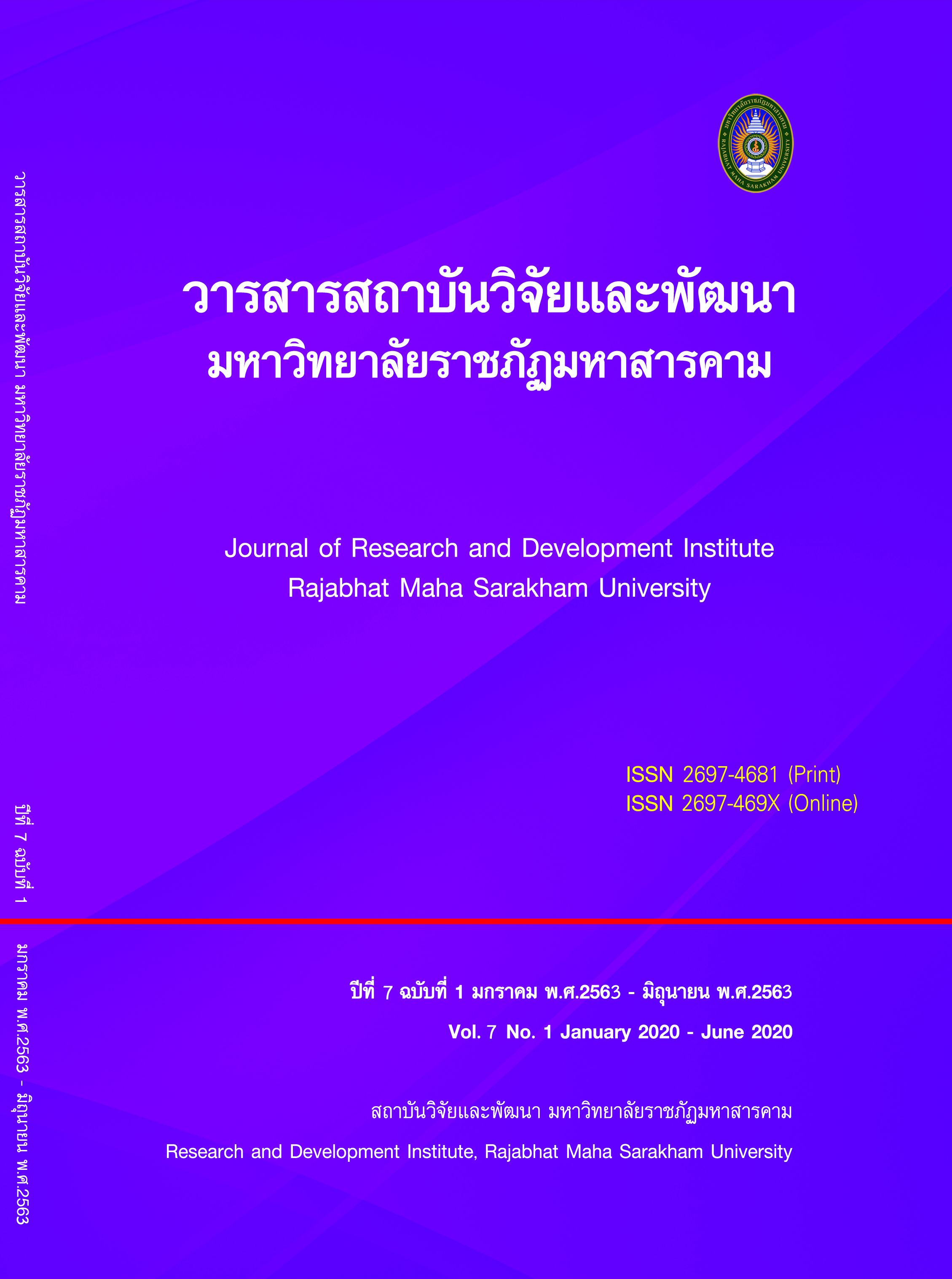The Influence of Political Actors on Millennial Votes: a Comparative Study of Indonesia, Thailand and the Philippines
Keywords:
Elections, Millennial, Political ActorsAbstract
Accompanying the rapid development of the times, we know the millennial generation has a very important role in the advancement of politics. Millennial generation political participation is seen as holding an excuse in changing the political agenda. In this journal, discussing about the role of millennial generation in elections. Describe how politics in Indonesia, Thailand, and the Philippines, especially in the 2019 election. The method used in this study is a qualitative research method because it is considered by researchers to have characteristics that are by accordance with the existing problems. This paper departs from the existence of an extraordinary millennial role in the changing world of politics. The data collection techniques used in this study are first, literature study, which is collecting data sourced from books, literature, and statutory regulations that have relevance to the topic. This journal will discuss how political actors can influence the vote acquisition of millennials in the 2019 elections in Indonesia, Thailand and the Philippines. The results found that political actors can influence the gain of millenials vote, it’s seen when political actors have many vote in the election. With their power and strategy, they can get millenials voice in the election.
References
Reference
Daud, M. (2015). “Prediktor Perilaku Pemilih pada Pemilukada: Perspektif Psikologi Politik”. Jurnal Psikologi TALENTA, 1 (1), 87-96.
Firdaus, M. R., & Adiprasetio, J. (2020). “Milenial, Pemimpin Politik, dan Debat Capres Indonesia 2019”. Tuturlogi: Journal of Southeast Asian Communication, 1 (1), 43-66.
Isra, S. (2009). “Pemilihan Presiden Langsung dan Problematik Koalisi Dalam Sistem Presidensial”. Jurnal Konstitusi, 2 (1), 107.
Nirahua, S. E. M., & SH, M. (2009). “Sistem Multi Partai Dalam Pemilihan Umum Di Indonesia”. KONSTITUSI Jurnal, 2 (1), 84.
Somantri, G. R.. (2005). “MEMAHAMI METODE KUALITATIF”. Makara Seri SosialHumaniora, 9 (2), 57-65.
Sripokangkul, S., & Cogan, M. S. (2019). “Political Demonology, Dehumanization, and Contemporary Thai Politics”. Asia-Pacific Social Science Review, 19 (2), 115-130.
Statistic Data Committee on Election of Phillipine. (2018). Senatorial Summary Statement of Votes (By Rank). [Online]https://www.comelec.gov.ph/?r=2019NLE/ElectionResults_/SenatorialSummaryStatementofVotes. [7 February 2020].
Suharni, I. (2009). Humas Dalam Kampanye Politik: Studi Partai Gerindra Menghadapi Pemilu 2009. Skripsi. FISIP, Pemikiran Politik Islam, Universitas Islam Negeri Syarif Hidayatullah, Jakarta.
Downloads
Published
How to Cite
Issue
Section
License
Articles that are published are copyrighted by the authors of the articles







